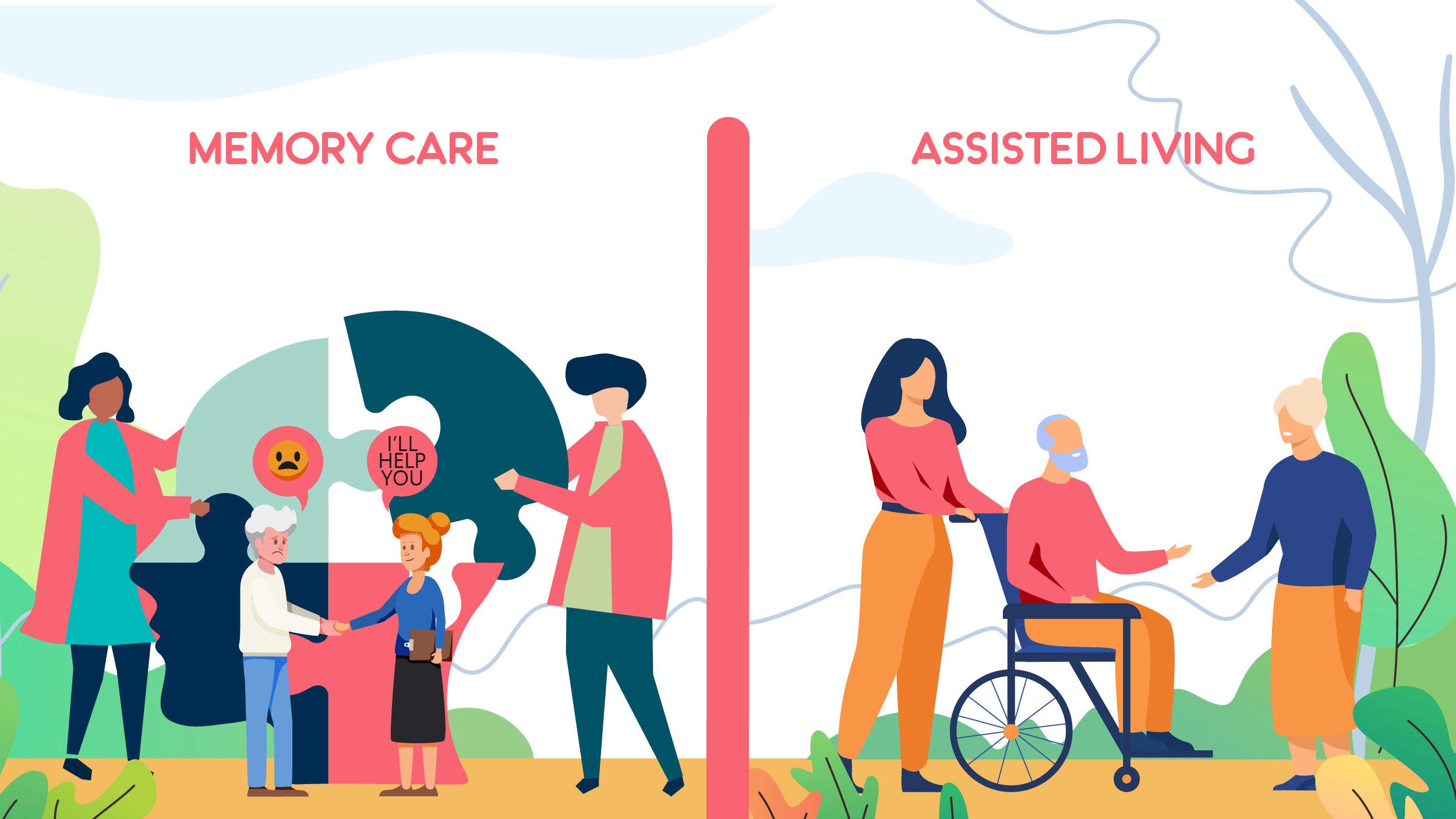Compassionate Groups Supplying Trusted Alzheimers Care Charlotte Options
Compassionate Groups Supplying Trusted Alzheimers Care Charlotte Options
Blog Article
Specialist Tips for Giving Top quality Alzheimer's Treatment in your home
Caring for a specific with Alzheimer's condition at home presents one-of-a-kind obstacles that call for both understanding and calculated preparation. As we explore these specialist tips further, it comes to be clear that a thoughtful technique can dramatically influence the top quality of life for both the caretaker and the individual obtaining care.
Understand Alzheimer's Illness
Alzheimer's disease, a dynamic neurodegenerative problem, exceptionally impacts cognitive feature and daily living activities. It mostly affects memory, believing, and behavior, leading to a steady decrease in the capabilities needed for independent living. Early signs commonly consist of lapse of memory, problem in problem-solving, and difficulties in finishing familiar jobs. As the illness progresses, individuals may experience disorientation to time and location, impaired judgment, and changes in state of mind and individuality.
The etiology of Alzheimer's is complicated, including the build-up of amyloid plaques and tau tangles in the mind, which interfere with neuronal interaction and result in cell fatality. Threat variables include age, genetics, and way of living choices, with most of situations occurring in individuals over 65. Understanding of these aspects is essential for caregivers, as recognizing the condition can facilitate better assistance and care techniques.
In addition, Alzheimer's illness not just influences the individual however also has significant emotional and logistical effects for families. Identifying the phases of the illness enables caregivers to anticipate challenges and adapt their approach, ensuring that the needs of those affected are met compassion and understanding. This fundamental knowledge is important for advertising top quality treatment in your home.
Develop a Regular
Developing a structured daily routine can significantly enhance the quality of life for people coping with Alzheimer's illness. Developing consistent patterns assists to lower complication and anxiousness, supplying a sense of security and knowledge. A daily schedule should consist of routine times for meals, tasks, and rest, which can aid individuals anticipate what to anticipate throughout the day.
Incorporating straightforward, acquainted jobs right into the regimen can advertise a sense of achievement and freedom. Activities like gardening, food preparation, or perhaps basic house chores can be advantageous. It is vital to customize these activities to the individual's abilities and interests, making sure interaction without disappointment.
In addition, versatility within the regimen is crucial. While consistency is essential, enabling for adjustments based upon the person's state of mind or power degrees can aid maintain a favorable environment. Encourage involvement in social communications, whether through household visits or community activities, as these can give excitement and connection.
Enhance Interaction Skills
Reliable communication is necessary for preserving significant links with individuals coping with Alzheimer's disease. As cognitive abilities decrease, standard conversation may come to be difficult. Consequently, caretakers should adjust their interaction techniques to cultivate understanding and connection.

Show authentic rate of interest by maintaining eye contact and responding to recognize their thoughts or feelings. Rather, confirm their emotions and reroute the discussion gently address if needed.
Making use of visual help, such as photos or created tips, can likewise improve comprehension. Urge participation in activities that stimulate discussion, such as reminiscing regarding previous events or looking with picture cds.
Produce a Safe Atmosphere
An encouraging environment plays a substantial role in the wellness of people with Alzheimer's illness. Producing a secure home setting is necessary to lessen dangers and improve the top quality of life for both the individual and their caregivers. Begin by evaluating the space for prospective hazards. Get rid of tripping dangers such as loose carpets, electric cables, and clutter. Make sure that pathways are clear and well-lit to avoid falls.
Set up safety and security locks on windows and doors to protect against wandering, which is a typical concern in Alzheimer's patients. Additionally, think about making use of non-slip mats in bathrooms and install grab bars for included support. Classifying areas and important things can assist individuals browse their environments more conveniently.
Emergency get in touches with ought to be plainly posted near phones, and a clinical alert system can provide tranquility of mind. Overall, tailoring the home atmosphere to the unique needs of the specific with Alzheimer's not just promotes safety and security yet also motivates independence and convenience.
Look For Support and Resources
Accessing support and resources is critical for individuals and caretakers dealing with the difficulties of Alzheimer's condition. Caregiving can be frustrating, both literally and psychologically, and it is vital for caretakers to helpful hints seek assistance to preserve their wellness and supply quality care.

In addition, discovering respite treatment options can afford caretakers much-needed breaks, permitting them to charge and reduce burnout. This may include grown-up day programs or in-home treatment services. Economic support programs may also be offered to help balance out the prices of treatment.

Final Thought
In recap, providing quality Alzheimer's treatment at home requires a diverse technique. Recognizing the intricacies of the disease, establishing an organized regimen, improving interaction skills, producing a risk-free atmosphere, and seeking support from readily available resources jointly add to enhanced caregiving experiences. Implementing these techniques not only fosters a feeling of independence and achievement for people with Alzheimer's yet additionally minimizes caretaker tension, inevitably enhancing the lifestyle for both caregivers and those they support.
Caring for a private with Alzheimer's disease at home presents special obstacles that require both understanding and strategic preparation.Additionally, Alzheimer's condition not just influences the individual yet likewise has significant emotional and logistical effects for families.Creating a structured daily routine can substantially improve the high quality of life for individuals living with Alzheimer's condition.Efficient communication is important for maintaining purposeful connections with individuals living with Alzheimer's disease. Alzheimers Care Charlotte. Carrying out these approaches not only fosters a sense of independence and success for individuals with Alzheimer's yet also eases caretaker anxiety, inevitably enhancing the high quality of life for both caretakers and those they sustain
Report this page